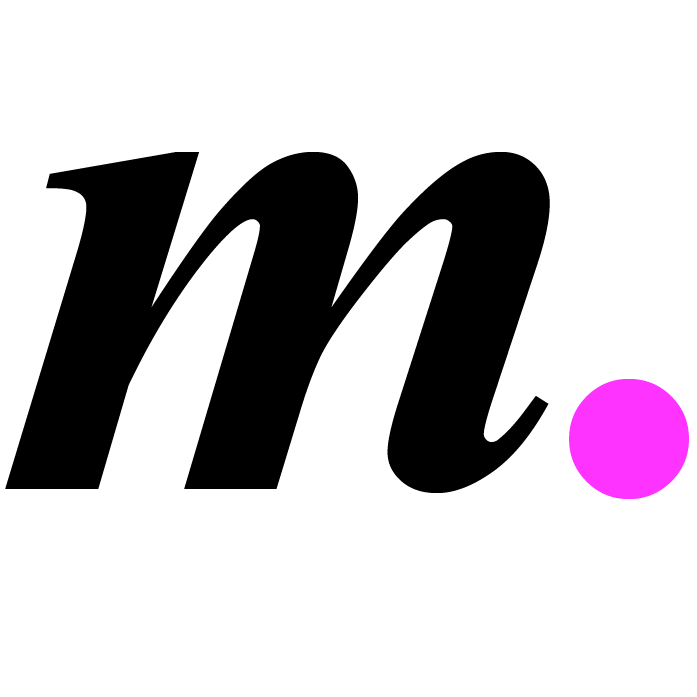A clock is an instrument for measuring and recording time. In its historical journey the clock has changed the meaning for which it was designed to become a status symbol and a customs encoder. We live in a world where the clock imposes movements and repress our actions. It transforms the natural process of time into ware which can be measured, bought and sold.
As without the means to measure the exact time the capitalism, as we know it, would never have advanced and could not continue to exploit workers, the clock is a mechanical element of domination. In no aspect the present society differs so sharply from the ancients’ as in its conception of time. Egyptian hourglasses, Chinese and Greek sundials as well as bigger constructions like the prehistoric Stonehenge, the Pantheon in Rome, the Tower of the Winds in Athens are proofs the ancient man felt the need to find a means, a method to calculate the time.
However, any of these instruments were approximate and inexact. In the ancient world there was just a small minority of people interested in time in terms of mathematical accuracy. Time was warned in cyclical a process of natural changes. The farmers measured their day from sunrise to sunset, and the year according to the sowing and harvesting, to leaves fall and to thaw of ice. The craftsman worked as long as considered necessary to perfect its product. The marking of time changed with the Christian era and time of prayers. Starting from the High Middle Ages the clock becomes the device for ringing the bells in the monasteries, which, with the regimented life imposed on their hosts (ora et labora), were the closest approximation to the factory. The invention of the mechanical clock, as public tower clocks, and its revolutionary transformation of the concept of time, afterwards helped the development of capitalist exploitation and the destruction of European medieval culture. The manufacture of clocks became the field from which to learn the elements and the technical skills of the machines manufacturing. Just as in the Renaissance the watchmaker Brunelleschi using the same mechanism of a clock built cranes, as during the Industrial Revolution gears, structural components of the clocks, became a symbol of it.
The public clocks provided a non-arbitrary unique calculation of the time, which set the working hours in the economic sector. Socially the clock has had an influence by which they could have made the best regularisation and regimentation of life necessary to the system of industrial exploitation. Over time, were reduced the size of the mechanisms which allowed the production of internal clocks, which also were items of furniture, and private watches, due to the size they were originally brought in special bags, then neck strap and finally pocket. Measurement and perception of time began to be a private fact, verifiable inside the own home and not just in public places. The clock is the key of the machine age. Usually machines were dependent on some external force (human, animal or natural). The clock was the first automatic machine to have an importance in human life and to reach a fundamental public and social function. The new capitalists became madly conscious of time. “Time is money” became the key slogan of capitalist ideology, and was introduced the official “timekeeper”.
Afterwards religion and morality of the nineteenth century played their part in proclaiming the sin of “wasting time”. In church or school, office or workshop, punctuality was held as the greatest of virtues. The men became just like clocks, with no resemblance to the vital rhythms of a natural being. The men who refuse to comply met social disapproval and economic ruin. Meals in a hurry, chasing train or bus, voltage to work with scheduled times, the obligation to learn in due time, all contribute to digestive and nervous disorders, to ruin health and life. The quality of the products got lost. The employers force the workers to maintain such a speed that their work must necessarily be imperfect. Quantity rather than quality, it’s the criterion, the pleasure and creativity are excluded from work. The worker in his turn becomes interested only in escaping the monotonous time of the industrial society, in which he kills time filling it with as well mechanized and planned entertainment as much as his salary and his tiredness allow. The paradox’s birth of feeling animals while performing human tasks and man while performing animal tasks. In the early 1800s, as result of the invention charge-less clock, clocks became more manageable and transportable so were born the “Wristwatches”, which spread at the beginning of the 1900s. During the First World War, soldiers were equipped with that. Even among the common people the watch becomes an object of everyday use and its production increases. In the second half of the 1900s, were made piezoelectric quartz electronic watches, without hands but with digital numbers. The watchmaking industry spread from Europe to the United States and especially Japan. Today everybody has a clock, we are slaves of the time. In addition, a watch is not only an instrument of detection: for many is a real fashion item, a jewel, then for some others is the object of desire: to possess a specimen of high precision or limited edition.
The question of the clock is, in general, similar to that of the machine. Both could be useful, and should be used to assist people to work efficiently and to eliminate the hard monotonous work and social confusion. But neither the one nor the other should be able to dominate the lives of men as now happens. Now clock movements regulate the rhythm of human life. We are servants of the concept of time, and are held in terror. In a free and healthy society such dominion over human functions by the clock or the machine would be out of the question. The mechanical time would be relegated to its true function as a means of consultation and coordination, and the men would return to a more balanced view of life, no longer dominated by the cult of the clock.
—
Summary written in 2011. Matteo Mauro, London.


